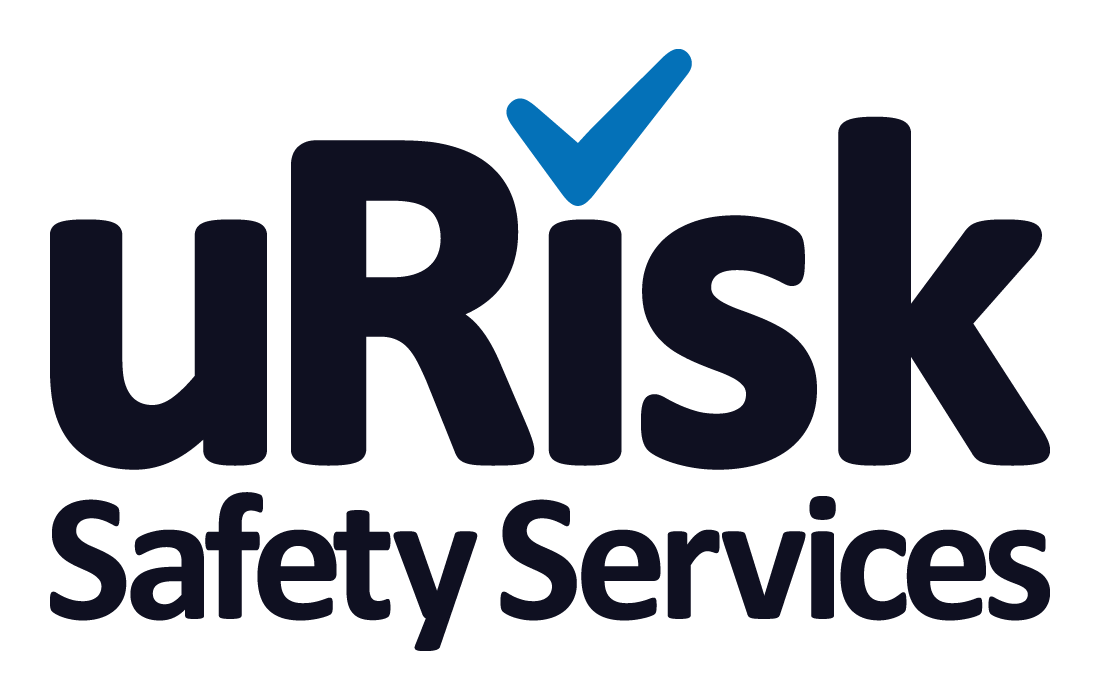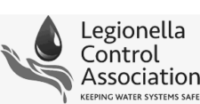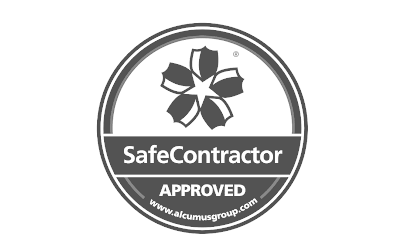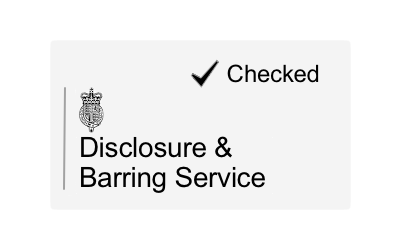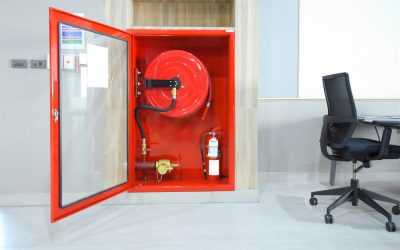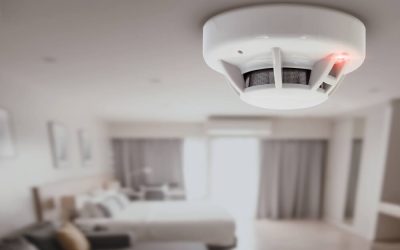Is it a legal requirement to do a legionella risk assessment?
It may feel like you’re going to get a resounding ‘yes’ to this question, and in certain sectors, such as healthcare, this is the case. But legal requirements and good practice are not one and the same thing, and there is some confusion about who has a legal obligation to do a legionella risk assessment.
Domestic Landlords
While there is a legal responsibility on landlords to ensure the health and safety of their tenants, their duty of care does not extend to risk assessments. The Health & Safety Executive states: “There is a legal duty for landlords to assess and control the risk of exposure to legionella bacteria, but Health and Safety law does not require landlords to produce or obtain, nor does HSE recognise, a ‘Legionnaires testing certificate’.”
In a domestic setting, the risk of contracting Legionnaires’ disease is low, mainly due to the daily use of water and the fact that the temperatures of water used in the home are usually too hot or too cold for the bacteria to thrive.
However, even though the risk is small, we find that many conscientious landlords do check their property for their own peace of mind by using our DIY Legionella Testing Kit.
Employers
Employers have a greater duty of care towards the health and safety of their staff – duties which, under the Health and Safety at Work etc. Act 1974 (HSWA), include assessing the risks from legionella bacteria. The HSE states: “If you have five or more employees you have to record any significant findings, including those identified as being particularly at risk and the steps taken to prevent or control risks”, which includes the “results of any monitoring inspection, test or check carried out, and the dates”. So yes, if you are responsible for five or more employees, there is a legal requirement to carry out a legionella risk assessment.
The HSE isn’t clear on timescales, recommending instead that risk assessments are carried out regularly or whenever there’s a reason to believe there may be a risk. For peace of mind, we recommend that employers book regular risk assessments annually or at least every two years.
Legionella and Water Hygiene Blog Posts
Office Fire Risk Assessment
As you would expect, keeping your office safe from the risk of fire is a legal requirement under the Regulatory Reform (Fire Safety) Order 2005. If you are the owner or manager of a business, or landlord of an office building, it is your responsibility to ensure your...
Fire Risk Assessment For Flats
Your legal requirements as a landlord include taking precautions to keep your tenants safe, including when it comes to the risk of fire in flats. As part of the fire safety regulations, fire risk assessments for flats is therefore part of your legal obligation to...
Getting A Risk Assessment For Fire in the UK
As an employer, landlord or facilities manager, it is your legal responsibility to keep everyone who uses your premises safe. A fire risk assessment is an important part of this because it identifies what might cause a fire so you can take steps to prevent one, as...
